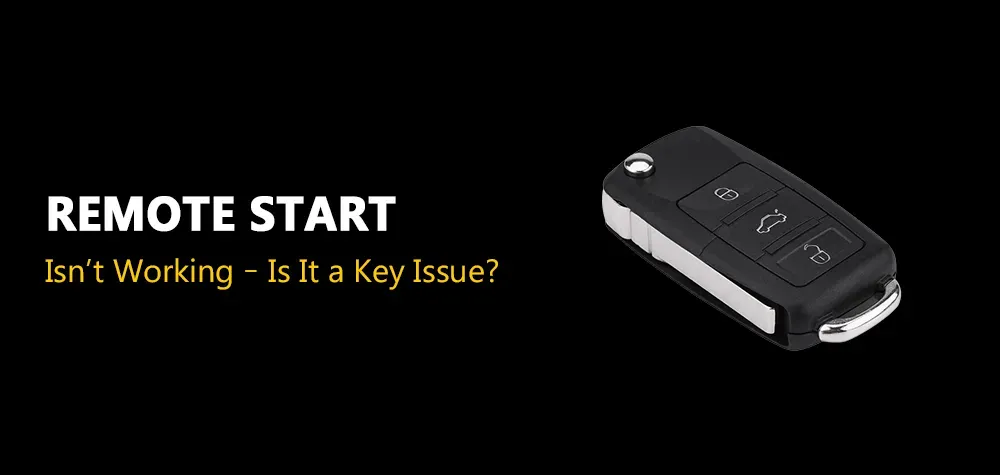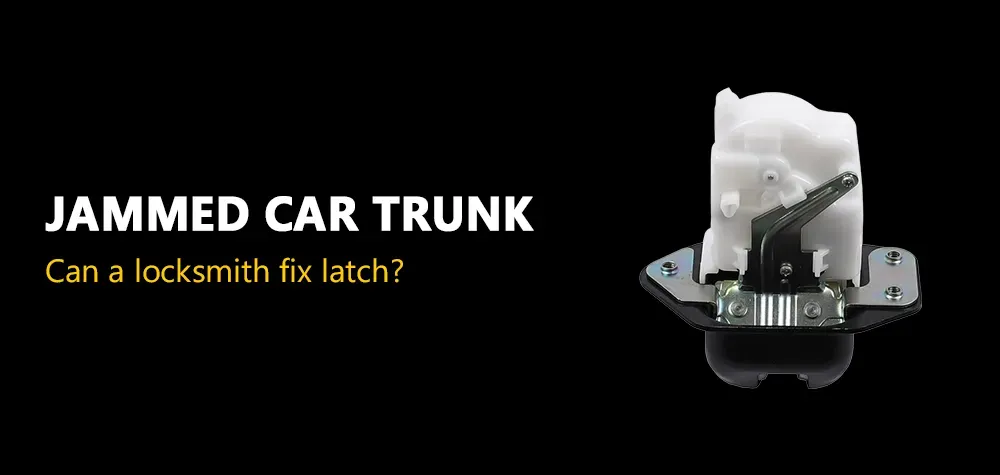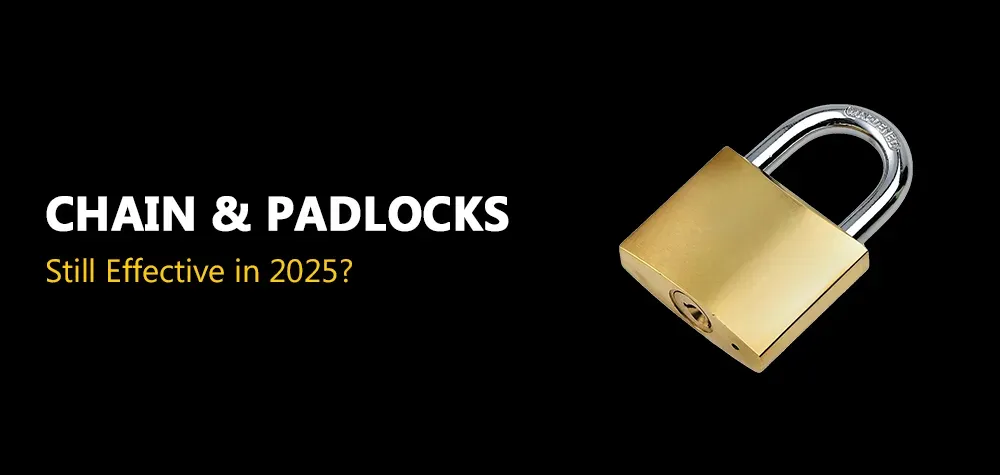Best anti-theft car lock devices in 2025
Car theft might not make headlines every day, but it’s still a very real concern for vehicle owners across the world. As thieves get smarter with technology, your defense system has to evolve just as quickly. That’s where anti-theft car lock devices come in—simple yet highly effective tools designed to deter criminals and give you that priceless feeling of security. Whether you live in a neighborhood where car thefts are common or you just want to be extra careful with your investment, choosing the right device in 2025 can make all the difference.
This guide walks you through everything you need to know about the best anti-theft car lock devices available this year—how they work, why they’re effective, and what you should consider before making a purchase. For professional automotive services, please reach out to Brothers Locksmith!
Let’s dive in and protect what’s yours.
How Do Anti-Theft Car Locks Work?
Understanding the Rising Threat: Why Car Theft Is Still a Big Deal
You’d think with modern technology, car theft would be a thing of the past. Unfortunately, that’s far from the truth. In 2025, thieves aren’t just breaking windows and hot-wiring vehicles—they’re hacking wireless entry systems, cloning key fobs, and exploiting weak factory-installed alarms. The new generation of criminals has learned how to bypass smart systems with alarming ease.
It’s not just high-end cars at risk, either. Older models with less tech protection and common vehicles like sedans and SUVs are popular targets. Even electric vehicles aren’t immune. With this ongoing threat, drivers are turning to physical anti-theft devices as a powerful line of defense. Because sometimes, the simplest solutions are the most foolproof.
What Makes a Great Anti-Theft Car Lock in 2025?
An effective car lock device is more than just a visual deterrent—it’s a tool that makes theft so inconvenient, noisy, or time-consuming that the thief gives up and moves on. But in 2025, we’re seeing more than just old-school steering wheel bars. Now there are multi-layered devices with alarms, GPS tracking, and smart sensors.
To be truly effective, a modern anti-theft lock should offer one or more of the following:
- Strong physical resistance
- Visibility to scare off thieves
- Compatibility with your vehicle type
- Quick installation and removal
Bonus features like alarms or smart app integration
Steering Wheel Locks: Still a Top Choice in 2025
The classic steering wheel lock remains a favorite, and for good reason. Devices like The Club 3100 LX Series and newer models such as AutoSecure X-Pro 2025 combine hardened steel construction with bright colors and anti-pick technology. They’re highly visible and nearly impossible to remove without creating a noisy scene—exactly what thieves want to avoid.
Modern versions come with keyless locking, added resistance to sawing tools, and even built-in sirens. In short, they work. A thief would need more than five minutes and a lot of luck to get past a well-installed steering wheel lock, making them an excellent first line of defense.
Gearshift and Handbrake Locks: Low-Key but Effective
For those who want extra protection without drawing attention, gearshift and handbrake locks are a clever solution. These devices immobilize your car’s transmission or brake system, meaning even if someone bypasses your key or alarm, they still can’t drive away.
Devices like the StopLock Pro Elite or CarMinder ShiftShield offer dual-locking mechanisms that are nearly impossible to cut through with basic tools. Their small size makes them easy to carry and quick to install, which is perfect for urban commuters who park in public lots or garages daily.
Pedal Locks: Underrated But Powerful
Pedal locks don’t get as much attention as other devices, but in 2025, they’re making a comeback. By securing the brake or clutch pedal, these tools make it physically impossible to drive the car. Brands like BruteLock MX-1 offer spring-loaded locking arms that clamp onto the pedal and floorboard, resisting brute force attacks and common theft tools.
Because they’re installed at the footwell, they’re not as visible as steering wheel locks. But that also means they might surprise a thief after they've already broken in—buying you extra time and deterring the getaway.
Wheel Clamps: Maximum Security for High-Risk Areas
If you live in a high-crime area or leave your vehicle unattended for long periods, wheel clamps are about as secure as it gets. Devices like LockTire Pro 2025 wrap around your tire, locking it in place and making movement impossible. They're heavy, hard to remove, and usually require custom keys or industrial tools to bypass.
While they take a little more effort to install, the protection they offer is unmatched. Plus, their bulk alone is often enough to scare off anyone scoping your vehicle.
Smart Locks and GPS-Based Systems: The Future of Car Security
2025 has also brought exciting advances in tech-integrated anti-theft devices. Smart locks like the KeyGuardian X pair with your phone via Bluetooth and alert you if someone tampers with your vehicle. Others, like the GuardianTrack GPS Shield, offer real-time location tracking in case your car is stolen despite physical locks.
Some of these systems use motion detection, tamper alerts, and remote immobilization to add layers of security you can control from anywhere in the world. These are especially useful for fleets, families, or people who often park in isolated places.
Just remember: technology can fail or be hacked. That’s why experts recommend combining smart locks with at least one physical device for maximum security.
Risks of Not Using a Car Lock Device
Without a car lock device, you’re relying entirely on your vehicle’s built-in systems, which—even in 2025—are far from foolproof. Factory alarms can be disabled in seconds. Keyless entry fobs can be cloned using relay attacks. And many cars are stolen simply because they weren’t locked properly.
The aftermath of theft can be traumatic and expensive. Insurance claims take time, and even if you’re reimbursed, you lose valuable personal items and peace of mind. Prevention, in this case, is not just better than cure—it’s smarter, cheaper, and easier.
Expert Tips to Boost Your Car’s Security
While a lock device is essential, it’s even more effective when paired with smart habits. Always park in well-lit areas, lock your doors, and avoid leaving valuables in sight. Use two forms of protection if possible—like a steering lock plus a smart tracker. Think like a thief: if your car looks like more trouble than it’s worth, they’ll likely move on.
Auto security experts also suggest periodically inspecting your locks for wear and tear, updating software on smart systems, and changing lock combinations if your key is ever lost or copied.
Final Thoughts: Layered Security Is the Best Security
In 2025, protecting your car requires more than pressing a button on your key fob. But the good news? You’ve got options—plenty of them. From old-school steering wheel locks to futuristic GPS-integrated systems, there’s a device (or combination of devices) to match every budget, car type, and risk level.
The smartest move you can make is choosing a layered approach: one that mixes visibility, physical resistance, and tech-based monitoring. Because when it comes to theft prevention, it’s not about trusting a single device—it’s about making your car the least appealing target on the street.
So go ahead, lock it down. Because peace of mind is one investment that always pays off.
Call Us Any Time!





